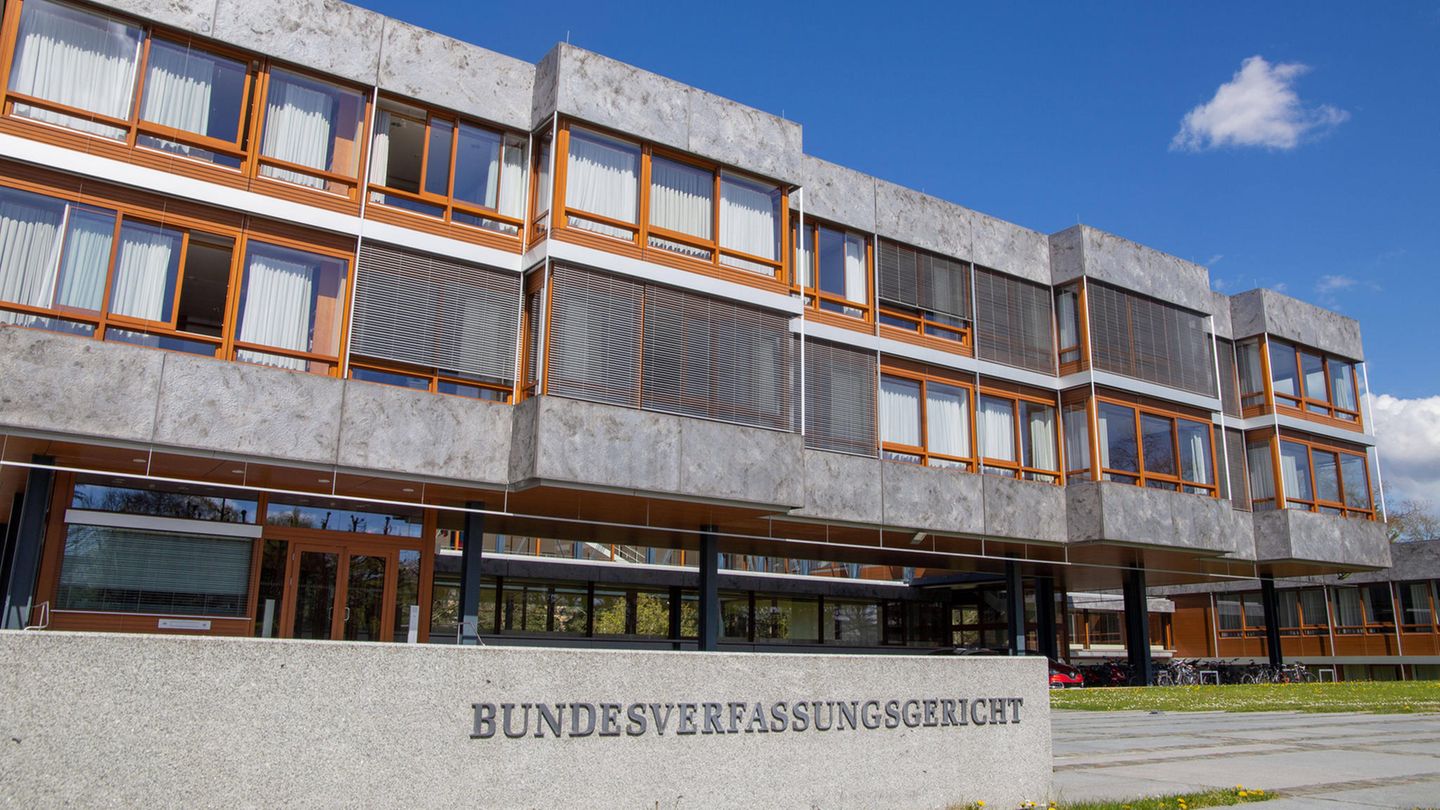As of today, the Federal Constitutional Court in Karlsruhe is examining whether the traffic light government broke the law in 2021 when it transferred 60 billion euros of unused pandemic aid to the energy and climate fund. A delicate case. Here are the facts.
Once again, billions are at stake: How much tax money from which sources can a government use to ecologically rebuild the country and its economy? Does it have to incur new debts (which is difficult to convey when the national debt is already a good 2.5 trillion euros) or is it allowed to set up shadow budgets? If so, how hard is she allowed to cheat? One thing is certain: the traffic light needs a lot of money for its plans. The financial requirement that she estimates for the ecological restructuring of Germany is huge. By 2026, it wants to provide at least 200 billion euros for climate protection and energy security – among other things, to provide subsidies for consumers who have to replace their systems because of the highly controversial new heating law. The Federal Constitutional Court is now examining whether the reallocation was legal.
What is the legal issue?
A year and a half ago, in January 2022, the federal government pulled off a remarkable financial trick. With the majority of the traffic light parties, she changed the budget for 2021 and simply reassigned 60 billion euros that had been approved as emergency loans in the corona crisis but not used (which in the corona year 2021 resulted in an incredible total new debt of 215.4 billion euros led). From then on, the money was in the so-called climate and transformation fund (then: energy and climate fund). With it, argues FDP Finance Minister Christian Linder, climate protection projects are to be financed in order to compensate for investments that have failed due to the pandemic.
Who is fighting back?
That’s not how it works, raged the Christian Democrats, but also the AfD. The supplementary budget is a constitutionally unlawful maneuver by Lindner’s tricky State Secretary for the Budget, Werner Gatzer. Rather, the surplus should have been used to reduce new borrowing. The Union filed a lawsuit in Karlsruhe in spring 2022, and the hearing is now beginning. The CDU complains that the money is being misappropriated, and that the reallocation is also economically unnecessary. The 60 billion euros are only flowing into a shadow budget so that the government can fool the people into complying with the debt brake again in 2023. The Federal Court of Auditors helped the plaintiff by saying that the shift was “constitutionally dubious” and that the fight against climate change had to be successful through normal budgetary channels.
How does the government look to Karlsruhe?
Anything but relaxed, rather quite nervous. The Federal Constitutional Court carries out an “abstract review of norms”, so it checks whether the rededication is compatible with the Basic Law or with other federal law. The Union hopes that Karlsruhe will throw the “annual principle” of a budget into the balance and agree with her. This means that a budget that has been decided is only valid for a specific year, so an estimated new debt cannot simply be carried over to other years. If the court comes to the conclusion that the traffic light procedure was not legal, the government’s financing and climate protection plans will be thrown into turmoil. The fund cannot simply be fed from other sources. A verdict by the Federal Constitutional Court is expected in autumn.
Hasn’t this happened before?
Yes. Ironically, under black and red, so with Union participation. In 2020, the grand coalition shifted 28 billion euros to the climate fund via a supplementary budget. Andreas Jung, then deputy chairman of the CDU/CSU parliamentary group, applauded the “vitamin injection for the future of our country”. The Federal Constitutional Court made an urgent decision on this in November. It initially allowed the reclassification because a ban would have severe consequences, such as an increase in electricity prices or a collapse in CO2 reductions. In addition, it could possibly turn out in a main trial that the actions of the “Groko” were constitutional. However, the procedure has nothing to do with the current one.
Source: Stern
I have been working in the news industry for over 6 years, first as a reporter and now as an editor. I have covered politics extensively, and my work has appeared in major newspapers and online news outlets around the world. In addition to my writing, I also contribute regularly to 24 Hours World.




